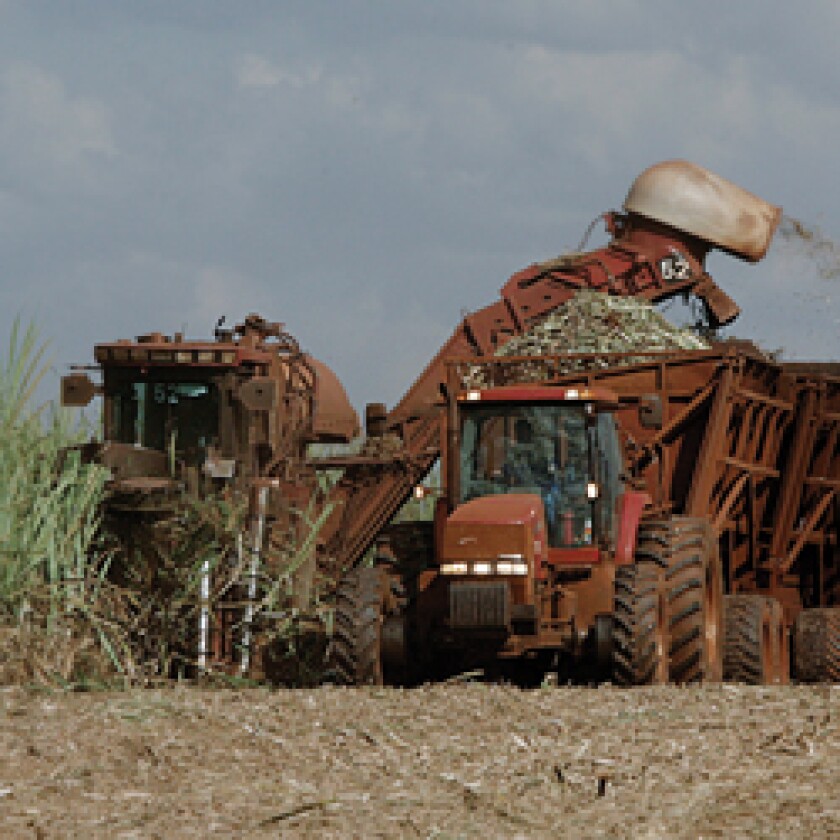Leaders of the G20 must use their summit to urge firm action to control speculation, open up agricultural markets and deliver new investment to head off the threat of a spike in food prices, according to leading experts.
The cost of food will surge towards the end of the year, according to the president of an academic institution whose model predicted the price spikes in 2008 and 2010 that both led to social unrest and food riots.
“We expect prices to moderate in the next few months but for a major price spike to happen towards the end of the year,” said Professor Yaneer Bar-Yam at the New England Complex Systems Institute (NECSI).
“The one that we are anticipating is expected to be larger in terms of price increases and likely also in terms of social disruption”. He told Emerging Markets the short-term moderation in prices would simply “hide the fact that the boom and bust cycle is repeating”.
He called on the G20 to take action to curb speculation and limit the amount of corn diverted to ethanol production, which he said was the driving factors behind food prices rises.
“It is possible for the G20 to make stronger statements about the need for changes in biofuel policy and for the need to confine speculative activity to levels that are consistent with well-behaving markets,” he said.
“But it is surely important for the G20 to come out clearly on these matters. It would help and one might hope it will become part of the momentum towards both understanding these issues and acting on them.”
Oxfam called on the G20 to fix what it called “the broken food system”. “The G20 persists in failing to address the most important drivers of the food price crisis: increased demand for biofuels, financial speculation on commodities, and climate change,” it said.
Mexico has prioritized improving food security, decreasing food price volatility, and increasing agricultural productivity under its G20 presidency.
A report, commissioned by President Felipe Calderon, last week urged the G20 to show leadership in multilateral negotiations, strengthen rules on import and export restrictions, as well as on domestic support schemes that distort production incentives.
Glenn Hall, a partner at the global law firm Norton Rose that this year published a study of the agribusiness sector, said the priority of the G20 should be to reduce trade barriers.
“This will make it easier to export agricultural products from the developing markets to developed nations and to give emerging countries the huge agricultural potential they have,” he told Emerging Markets.
Negotiations to open up Western markets are a key element of the so-called Doha trade negotiations that were launched in 2001 but which have since run into the sand.
Asked whether a G20 statement could end the impasse, Hall said: “The reality of this is that it is baby steps. It is unrealistic to expect a sudden breakthrough given the uncertain background in the world economy. But any positive step by the G20 would be welcome.”
The report to the G20 urged action to help smallholder farmers, which farm over 80% of the land in Asia and Africa, improve productivity.
Hall said: “Multilateral agencies can take steps to make capital more available because there’s huge potential to improve productivity.
“You can have very significant increase in yields with relatively low amounts of capital. We are not talking about hundreds of billions but injecting a few hundreds of capital to provide fertilizers and seeds.”
